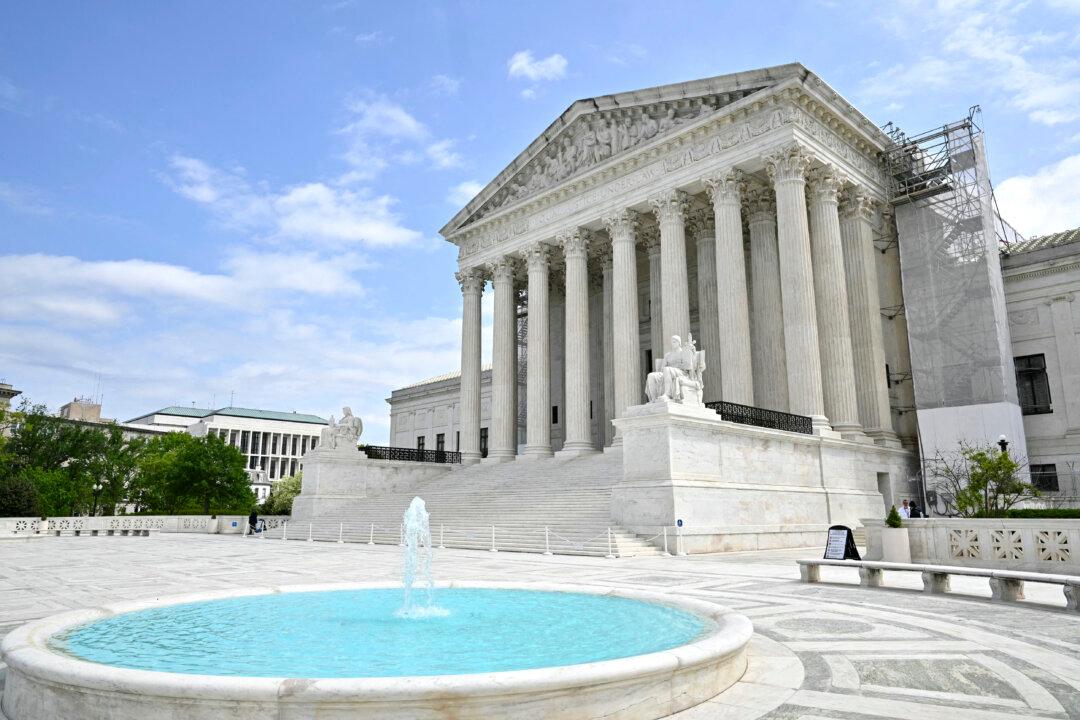The Supreme Court threw out a challenge on June 26 to the federal government’s actions when it communicated with social media platforms about public health issues during the COVID-19 pandemic.
The justices voted 6–3, finding that two Republican-led states and several individuals challenging the government lacked legal standing to do so because they couldn’t show they were directly harmed by the government’s efforts to communicate with the platforms. Standing refers to the right of someone to sue in court. The parties must show a strong enough connection to the law or action complained of to justify their participation in the lawsuit.





